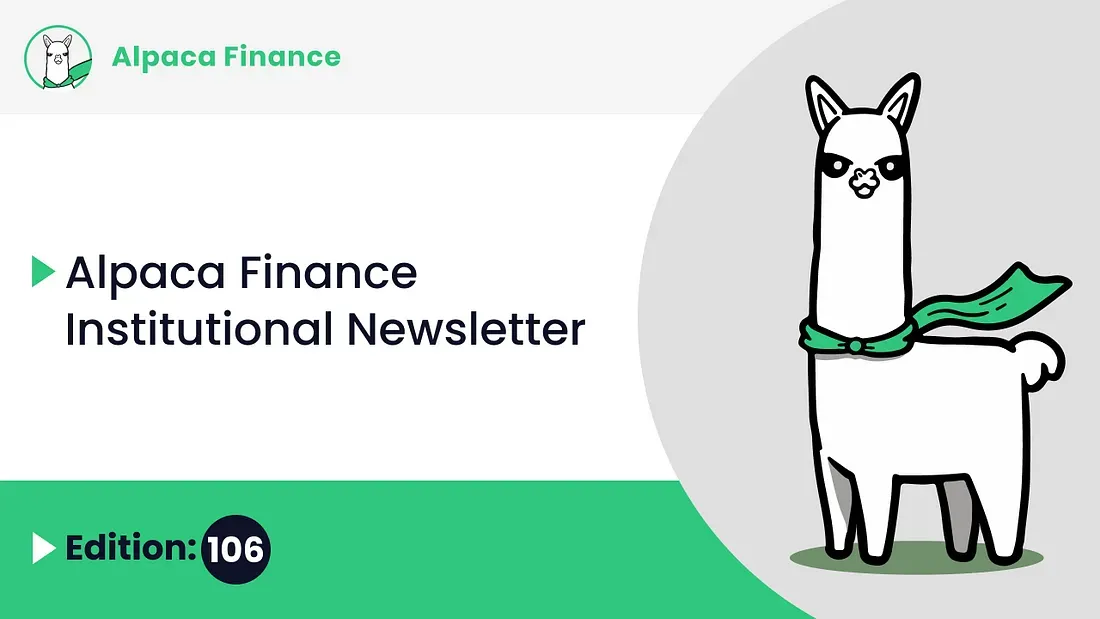
Key Points:
Tether hits back at U.S. government report accusing it of disrupting cryptocurrency markets
Microsoft's board of directors opposes Bitcoin investment proposal, citing existing asset valuation
Vitalik Buterin's "Purge" simplifies Ethereum by reducing data bloat
A recent report from the Wall Street Journal revealed that U.S. federal authorities are investigating Tether, a well-known stablecoin issuer, for possible involvement in illegal financial activities. The Departments of Justice and Treasury are reportedly reviewing the use of Tether (USDT) for money laundering and sanctioned transactions. Tether CEO Paolo Ardoino dismissed the allegations as "old noise" and reiterated Tether's commitment to cooperating with law enforcement. Despite these claims, Tether's reputation has continued to be criticized, facing skepticism from regulators and industry critics, including Ripple CEO Brad Garlinghouse.
Microsoft shareholders will vote in December on a proposal to evaluate adding Bitcoin to the company's balance sheet. Despite support from the National Center for Public Policy Research (NCPPR) and citing the success of Bitcoin-centric strategies such as MicroStrategy, Microsoft's board of directors recommended a vote against it. The board argued that they had evaluated a range of investable assets, including Bitcoin. The NCPPR said even the smallest investment could be a hedge against inflation, although Microsoft's focus remains on artificial intelligence rather than blockchain. The company previously accepted Bitcoin for Xbox payments between 2014 and 2018, but has since changed its priorities.
Vitalik Buterin's latest Ethereum roadmap, "The Purge," aims to address the blockchain's data bloat and technical debt issues by minimizing unnecessary data storage. By reducing storage requirements, "The Purge" hopes to lower the barrier to entry for new nodes and reduce obsolete features. This measure will not directly affect Ethereum's gas fees, but it may improve network performance and reduce costs over time. The core of the plan is "partial state expiration," which will allow less used data to expire and be restored when necessary, thereby facilitating easier node operation and promoting "stateless verification" for efficient blockchain verification.
news
Microsoft shareholders propose to study investment in Bitcoin
Vitalik Buterin Criticizes MicroStrategy's Michael Saylor: "His Comments Are Crazy"
HBO Doc Claims Peter Todd Invented Bitcoin, Forced into Hiding
Hacker behind fake Bitcoin ETF X post pleads not guilty
product
Ankr integrates TON into Web3 API service for developers
“The Purge” — Vitalik ’s Plan to Reduce Ethereum’s Bloat
Uniswap launches permissionless cross-chain bridge on nine networks including Polygon and ZKsync
Kraken Launches New Ethereum L2 Based on Optimism Hyperchain
Regulation
Unconfirmed Tether Investigation Report Rocks Crypto Markets
Ripple Misses SEC Legal Action Deadline, Lawyer Supporting XRP Says 'No Big Deal'
Pennsylvania House passes crypto bill to clarify regulation: report
Nigerian court releases Binance executives detained for months
funds
TechCrunch founder: Stripe acquires stablecoin platform Bridge for $1.1 billion, the largest acquisition in the cryptocurrency space
Blockchain game funding fell 56% in the third quarter
Cryptocurrency platform Variationa raises $10.3 million in seed funding
Hata receives $4.2 million in funding to create an Asian cryptocurrency and fiat currency exchange














